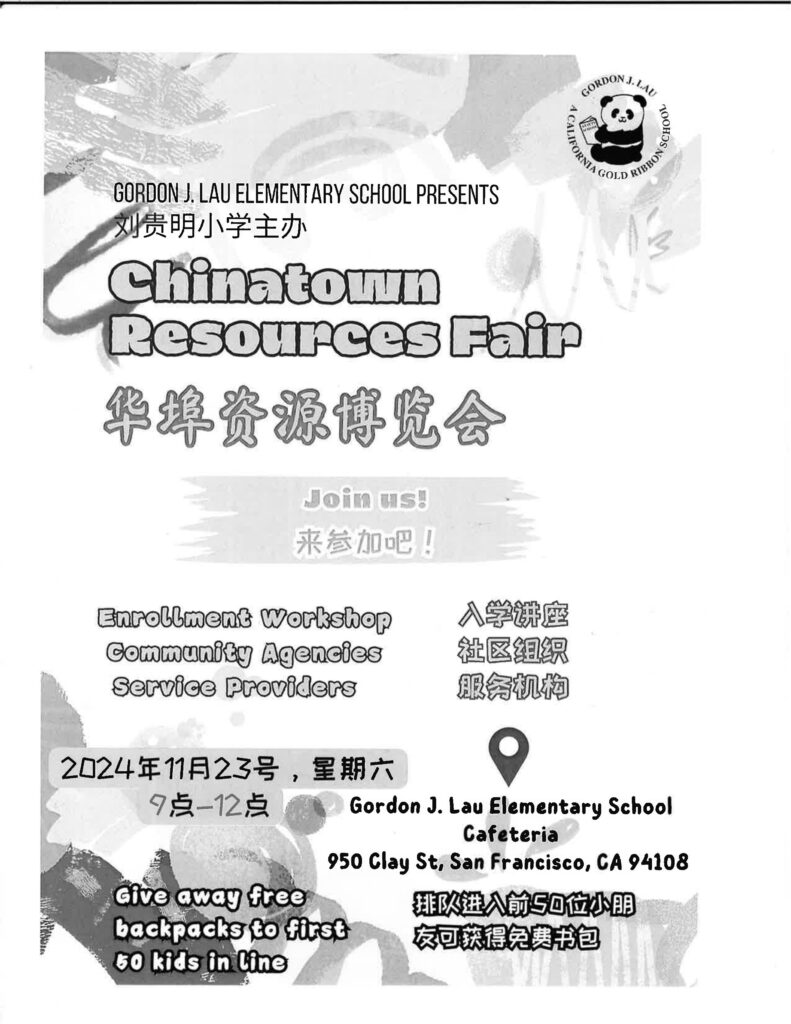Community Events

Marshallese Community Health Fair
June 5
| FreeProvision of culturally appropriate healthcare services and resources that are tailored to the unique needs of the Marshallese community—those from the Republic of the Marshall Islands—remains an unmet task, particularly in Spokane, Washington (WA). Our event, a community health fair in partnership with Marshallese leaders, Range Community Clinic, and the Community Health Association of Spokane (CHAS), will provide healthcare services and resources primarily to the Marshallese community living in Spokane, WA.
Undiagnosed hypertension and type 2 diabetes are considerable public health issues that disproportionately affect minoritized communities, including Marshallese communities, living in the United States. Decades-long exclusion in federal healthcare programs faced by Marshallese individuals living in Spokane, compounded with various barriers including cultural norms, language barriers, and financial limitations, have contributed to health disparities that can manifest in the form of increased nutrition challenges, limited knowledge of available resources, and greater inequities in undiagnosed hypertension and type 2 diabetes. Community-based interventions such as health fairs have the potential to lessen health disparities and improve access to care through connecting individuals to hypertension and diabetes screenings, health insurance, health education, and medical care.
Our health fair will be held at a community-wide Constitution Day Celebration, with over 1,000 attendees. We expect approximately 200 participants at the health fair. The goals and objectives of the event is to (1) provide Marshallese and other AANHPI communities in Spokane, WA, with access to free health screenings, (2) improve health literacy by providing basic health education on common risk factors and health disparities within Marshallese communities, (3) improve healthcare access and utilization by offering referrals to a local low-cost clinic, (4) provide health science students with opportunities to serve medically underserved APA communities in interprofessional teams, and (5) enhance the community presence of the Washington State University Elson S. Floyd College of Medicine through development of community partnerships.
A community member, hereinafter referred to as the “participant,” who is interested in receiving a free health screening will check in at the front desk/table where s/he will be introduced to one of five interprofessional teams of two students: one medical and one nursing/pharmacy student. If needed, the participant will be matched with a team with at least one volunteer who can translate and communicate in his/her preferred language, if feasible. After receiving informed consent from the participant, the medical student will measure the participant’s vital signs. Once these measurements are obtained, the nursing/pharmacy student will perform the blood glucose test and a hemoglobin A1c (HbA1C) test, if needed. Both the measurement of vital signs and performance of point-of-care testing will be completed under the supervision of a faculty physician or nurse.
Afterwards, the medical student will perform a focused physical exam under the supervision of a faculty physician or nurse. The interprofessional team will assess the participant’s medical history, physical exam, and health screening results with the faculty physician or nurse to provide recommendations. The participant will also be given the opportunity to receive foot care from two nurse practitioners in a separated, private area. Community health workers from CHAS will be available to provide assistance in accessing medical and non-medical services (e.g., patient registration, Medicare and Medicaid enrollment) and care coordination.
We expect a considerable proportion of health fair participants to be uninsured, undocumented, or immigrants who may be ineligible for federally funded coverage, such as Medicaid and Medicare. For some individuals in the Spokane Marshallese community, this health fair may mark the first health screening they have ever received or experienced in many years. The healthcare needs of the local, national, and international Marshallese communities are severely understudied, and Marshallese communities are sorely underrepresented in research and healthcare, as are female students of color in medical school leadership, the vast majority of our team. Our project goals directly relate to strengthening healthcare systems for AANHPI communities and addressing health disparities through direct service that uplifts underrepresented and underserved AANHPI community members and students in our community.
Share This Story, Choose Your Platform!
This content is restricted to subscribers

